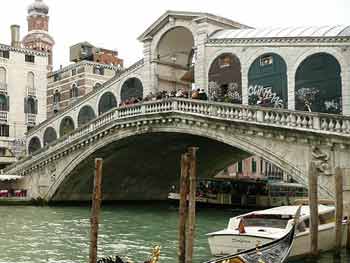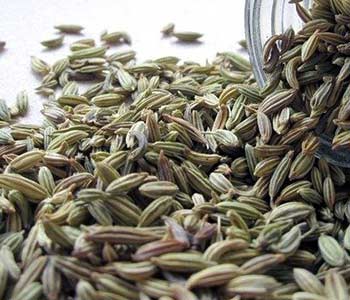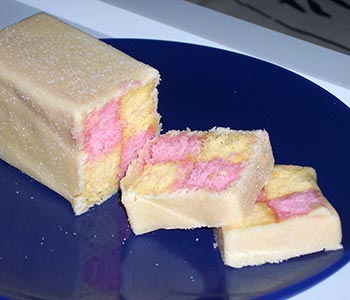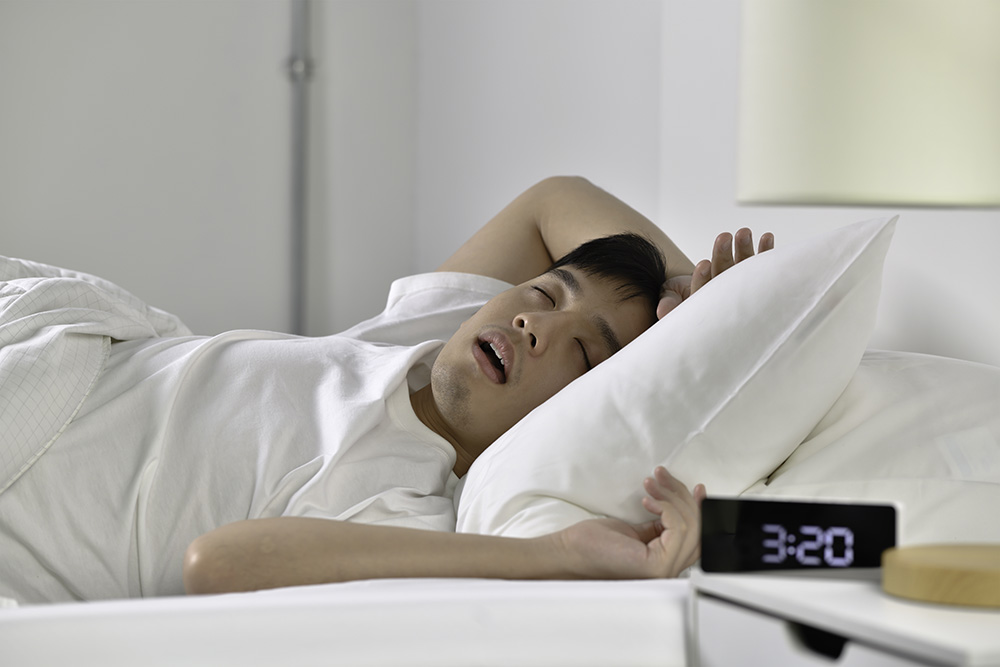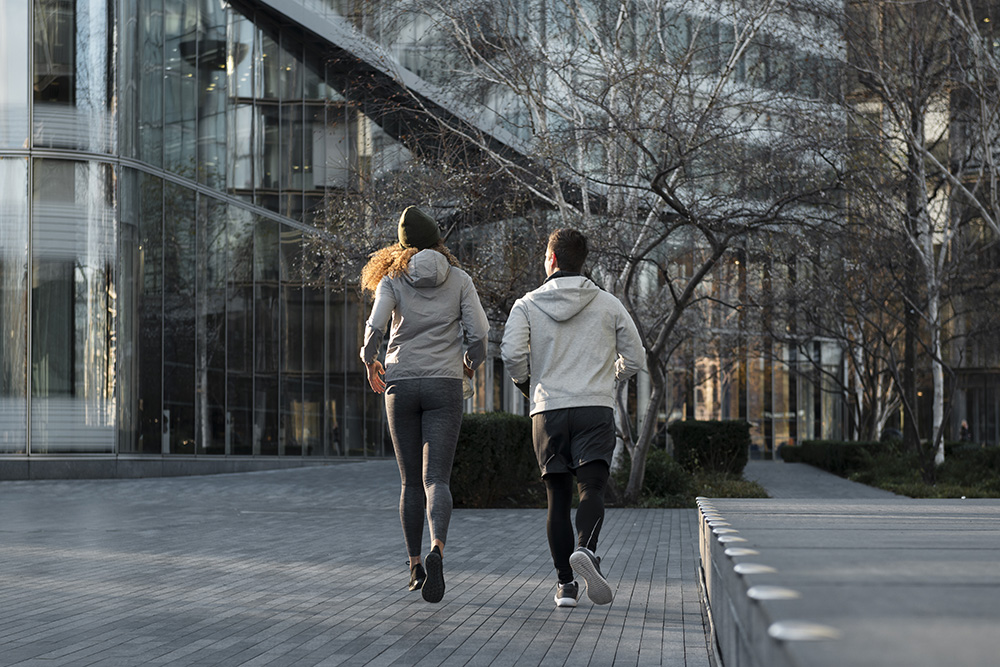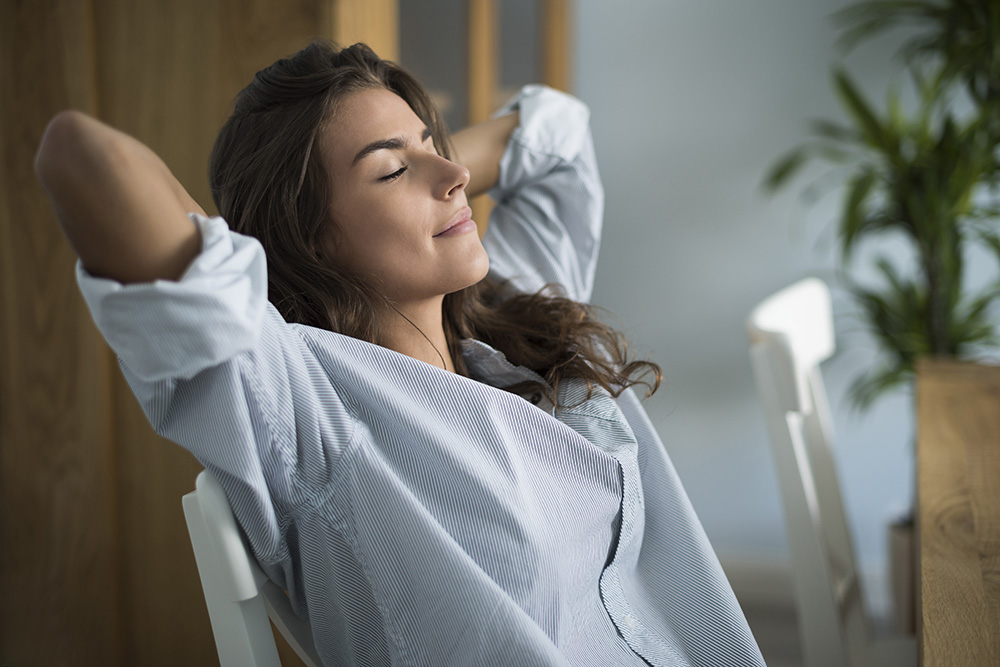Your IQ Is 140 Or Higher If You Know The Longitude and Latitude Of These Cities
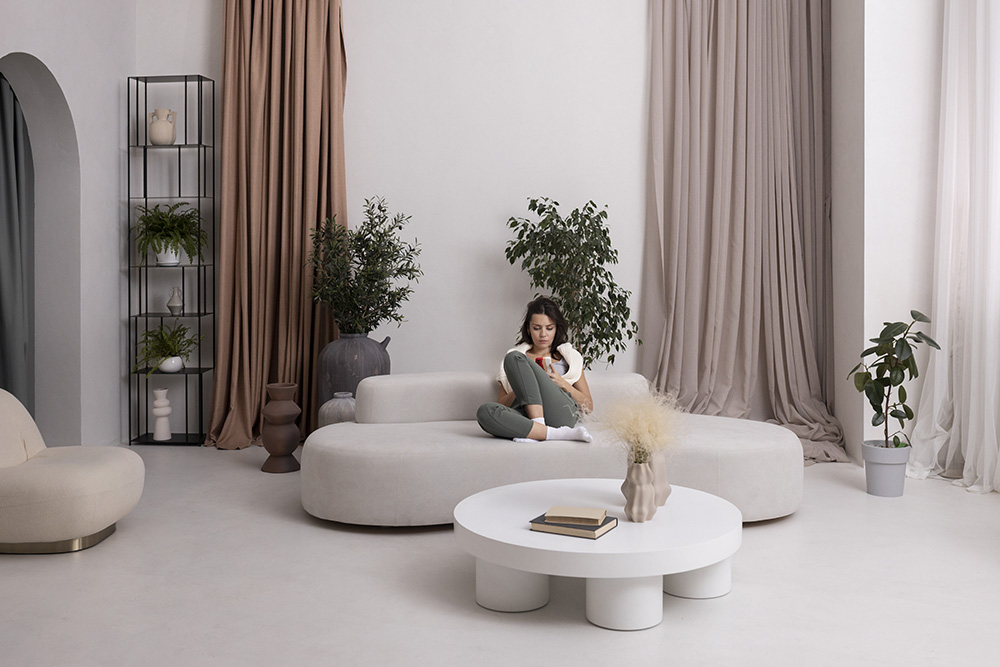
In today's fast-paced world, it's easy to feel overwhelmed by the amount of stuff we accumulate and the constant demands on our time and attention. If you're looking for ways to simplify your life and reduce stress, adopting a minimalist lifestyle might be just what you need. Here are five minimalist living ideas to help you get started:
1. Declutter Your Space
One of the key principles of minimalism is to get rid of anything that doesn't bring value or joy to your life. Take some time to go through your belongings and decide what you really need and what you can let go of. Donate, sell, or recycle items that you no longer use or want. A clutter-free space can help you feel more relaxed and focused.
"The best way to find out what we really need is to get rid of what we don't." - Marie Kondo, author of "The Life-Changing Magic of Tidying Up"
2. Simplify Your Wardrobe
Having a closet full of clothes can be overwhelming, especially if you struggle to put together outfits or find what you need. Consider creating a capsule wardrobe with a few versatile, high-quality pieces that you love and that can be mixed and matched easily. This can save you time and energy when getting dressed in the morning and can also help reduce decision fatigue.
3. Practice Mindful Consumption
In a culture that encourages us to constantly buy more, it can be challenging to resist the urge to splurge on the latest gadgets, fashion trends, or home decor items. However, being more mindful about your purchases can help you save money, reduce clutter, and appreciate what you already have. Before buying something new, ask yourself if it's something you truly need or if it will add value to your life.
"The simplest things are often the truest." - Richard Bach, author of "Jonathan Livingston Seagull"
4. Prioritize Experiences Over Things
Instead of focusing on acquiring more possessions, consider investing in experiences that bring you joy and create lasting memories. This could be anything from traveling to a new place, learning a new skill, or spending quality time with loved ones. Experiences can be more fulfilling and meaningful than material objects, and they don't take up space in your home.
5. Create a Minimalist Workspace
If you work from home or spend a lot of time at a desk, creating a minimalist workspace can help you feel more productive and less stressed. Keep only the essentials on your desk, such as your computer, a notebook, and a few pens. Use digital tools to store files and notes instead of physical papers. A clean and organized workspace can help you stay focused and motivated.
"Simplicity is the ultimate sophistication." - Leonardo da Vinci
Embracing a minimalist lifestyle doesn't mean you have to live with bare walls and empty shelves. It's about being intentional about what you choose to bring into your life and letting go of what no longer serves you. By decluttering your space, simplifying your wardrobe, practicing mindful consumption, prioritizing experiences, and creating a minimalist workspace, you can reduce stress, save time and money, and focus on what truly matters to you.
References:
- Kondo, M. (2014). The Life-Changing Magic of Tidying Up: The Japanese Art of Decluttering and Organizing. Ten Speed Press.
- Newport, C. (2016). Deep Work: Rules for Focused Success in a Distracted World. Grand Central Publishing.
- Millburn, J. F., & Nicodemus, R. (2011). Minimalism: Live a Meaningful Life. Asymmetrical Press.

